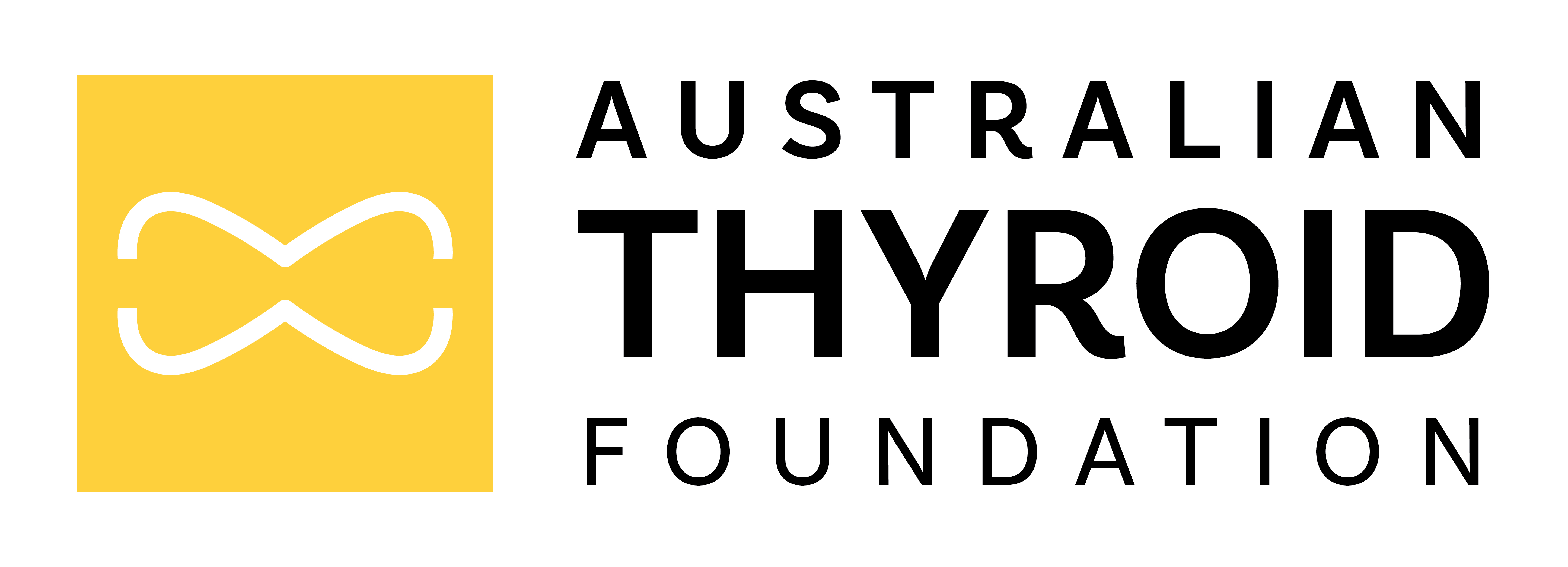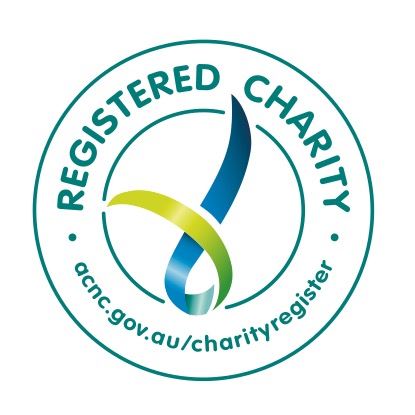Thyroid facts |
THYROGEN TREATMENT - THYROID CANCERThyrogen rh TSH (Man Made Recombinant Human Thyroid Stimulating Hormone)Following initial treatment for thyroid cancer (surgical removal of the thyroid gland) and depending on the type and severity of the thyroid cancer, patients may be given Radioactive Iodine Ablation Treatment. Generally, a high thyroid stimulating hormone (TSH) level is required in both treatment and follow-up testing of thyroid cancer. Traditionally patients reduced and then ceased their dose of Levothyroxine (T4) before this treatment. An alternate approach to stopping levothyroxine therapy is to give the patient Thyrogen. Patients, with their doctors, can now decide if they would prefer to stay on their dose of Levothyroxine (T4) during this treatment, by receiving Thyrogen (Recombinant Thyroid Stimulating Hormone). It can also be determined by the treating doctor, if the patient can also receive Thyrogen before follow up scanning to determine if the patient has been successfully treated, or before any additional RAI Treatments. Before Thyrogen was available, approximately two months before a whole-body scan, (MRI) and a thyroglobulin (Tg) test, the patient began reducing their dose of Levothyroxine. The patient then ceased the dose before scanning. This process makes the patient hypothyroid, which can cause great discomfort. Stopping Levothyroxine (thyroid replacement hormone) makes you hypothyroid which can result in a number of symptoms including feeling tired and sluggish, difficulty concentrating, inability to work or drive a motor vehicle and weight gain. Some patients may suffer severe, incapacitating psychological disorders. These symptoms may range from minor to severe and may last for three to six weeks or more. It may take a month or two to recover after Levothyroxine therapy has been recommenced. The availability of rhTSH (Thyrogen) allows you to stay on your Levothyroxine (T4) medication and consequently avoid all the symptoms of hypothyroidism. Thyrogen imitates TSH made by your body and makes sure that there is enough TSH in the body for treatment and follow up tests. The use of Thyrogen has become a safe and effective alternative to Levothyroxine (T4) withdrawal and enables patients to continue feeling ‘normal’ during treatment and periodic monitoring. There are a few possible side effects from the administration of Thyrogen, including nausea and headache, which should also be considered. Thyrogen is reimbursed for both remnant ablation treatment and follow up scanning, however restrictions apply. It is important to discuss with your treating doctor to see if you qualify. Generally, a high thyroid stimulating hormone (TSH) level is required in both treatment and follow-up of thyroid cancer. This has traditionally been achieved through temporarily stopping your thyroxine (T4) replacement therapy for several weeks prior to treatment. The availability of rhTSH (Thyrogen®) allows you stay on your thyroxine (T4) medication and consequently avoid all the symptoms of hypothyroidism. Thyrogen® imitates TSH made by your body and makes sure that there is enough TSH in your body for treatment and follow-up tests. The use of Thyrogen has become a safe and effective alternative to thyroxine (T4) withdrawal and enables you to continue feeling ‘normal’ during treatment and periodic monitoring. There are a few possible side effects from the administration of Thyrogen®, including nausea and headache, which should also be considered. Thyrogen FAQsCan it only be used once or can patients qualify to use it for each follow up?Once the patient has qualified for one diagnostic scan, they therefore qualify for Thyrogen for all following scans. To initially qualify, the patient needs to:
Some patients will qualify automatically if they have unstable coronary artery disease, hypopituitarism, or a high risk of relapse of a previous severe psychiatric illness. This decision is ultimately up to the treating physician as to whether the patient will qualify. It is important to discuss with your physician and let him know any concerns you may have with your treatment. If patients have more than one ablation will it be available for them?The “once in a lifetime” restriction has been lifted for Thyrogen’s use in ablation. Therefore, if a patient does need to have a second or third ablation, they will still qualify for Thyrogen, provided the patient has no distant disease. This decision is ultimately up to the treating physician as to whether the patient will qualify. It is important to discuss this with your physician and again, let him know if you have any concerns with your treatment. Can a patient qualify to use it for both ablation and follow ups?The Pharmaceutical Benefits Schedule – PBS (reimbursement for ablation) and Medical Benefits Schedule – MBS (reimbursement for diagnostic follow-up) are independent and do not work together. If you have received Thyrogen for ablation, you will no longer qualify for Thyrogen in diagnostic follow-up, as the MBS requires that you have experienced hypothyroidism once previously, as well as other criteria. This will therefore mean that a patient will need to have a withdrawal diagnostic follow up test after the ablation. It is important for your to discuss this with your physician, as it may be required for you to let the physician know of any impact being hypothyroid had on your health and mood in order to qualify for future diagnostic testing. Remember, follow-up is for life, at is important to keep seeing your physician to maintain peace of mind and discuss any concerns with your treating physician. Is patient’s mental health a factor in qualifying?If you suffer from, or have previously suffered from a psychiatric illness (with concern about relapse and under specialist psychiatric care, you need to tell this to your physician, as you may then qualify for Thyrogen from your first follow up and never have to be withdrawn from thyroid replacement therapy (T4). Hypothyroidism is contraindicated for individuals suffering with a psychiatric illness, which is why you should always be eligible for Thyrogen. For all other patients, it is a requirement that you have experienced a severe psychiatric disturbance when you were made hypothyroid in order to qualify in the future. There is no clear definition on what such a disturbance is, with many doctors agreeing that anxiety, feeling “down”, depression and severe tiredness being qualifying conditions. For further clarification you should discuss this with your physician. Does the rebate apply to each time it is used (ablation and follow-ups) and does extra use restrict their qualification for rebate?If you qualify, Thyrogen will be reimbursed fully. This means if you receive Thyrogen for ablation, you will pay the standard PBS rate and if you qualify for Thyrogen in diagnostic follow-up, the whole amount will be bulk billed. Your physician may request you go and see a GP for the administration of Thyrogen for ablation for your convenience, so you would also need to pay for 2 standard GP visits. There are no restrictions on the number of times you can receive Thyrogen, however, there are restrictions in qualifying and the amount of time between uses, i.e. for diagnostic follow-up, you can only receive Thyrogen once every twelve months. This should not be a problem and is in line with the standard Australian treatment practice. Who approves the rebate and is the rebate across the board or does it change with use or diagnosis etc?The ultimate decision is up to your treating physician. Thyrogen is available for ablation to all patients who have no distant disease. Your physician however, may have reasons for not wanting to use Thyrogen, so it is important to discuss this with your physician. The criteria for follow-up is much more restricted and you should openly discuss this with your physician to better understand what treatments are available to you now and in the future. |
- Home
- Thyroid Facts
- Treatments
- Thyrogen Treatment – Thyroid Cancer

